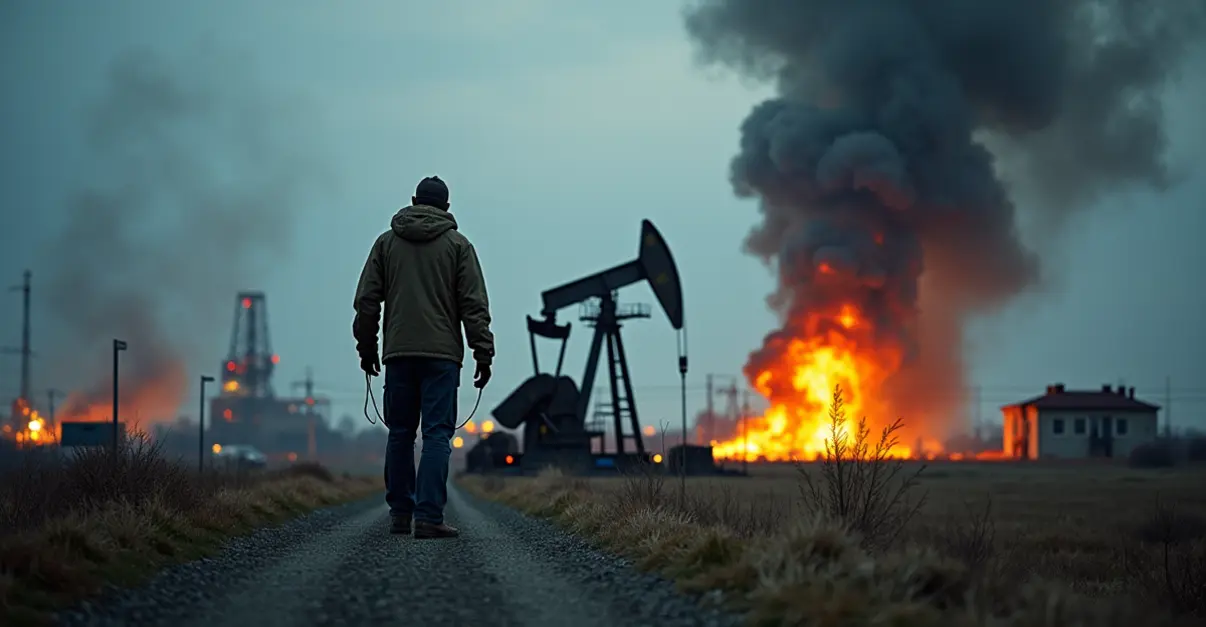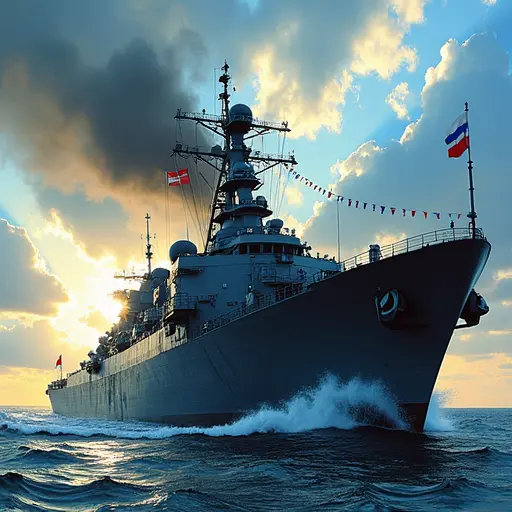US and EU Escalate Sanctions Against Russian Energy Giants
In a coordinated move that marks a significant escalation in economic pressure on Russia, both the United States and European Union have announced sweeping new sanctions targeting Russia's vital energy sector. The US Treasury Department designated Russia's two largest oil companies - Rosneft and Lukoil - under Executive Order 14024, while the EU unveiled its 19th sanctions package specifically targeting Russian energy infrastructure and financial intermediaries.
Targeting the Heart of Russia's War Economy
The new measures represent the most direct assault yet on Russia's primary revenue source. "These sanctions aim to degrade the Kremlin's ability to fund its war machine," stated Treasury Secretary Scott Bessent, calling for an immediate ceasefire in Ukraine. The sanctions effectively prohibit transactions with Rosneft and Lukoil using US dollars, a move that could significantly impact their international operations.
Heleen Over de Linden, a sanctions expert and lawyer, described the measures as "very heavy" and noted that "especially the American measures will hit hard in countries that have continued trading with Russia until now."
Asian Partners Face Dilemma
The sanctions create immediate challenges for Asian countries that have become major buyers of Russian oil since European countries reduced their imports. Countries like India and China now face the difficult choice of either reducing their Russian oil purchases or risking being placed on US blacklists.
Hans van Cleef, head of energy research at EqoLibrium, explained the mechanism: "Think for example of a party in India that has an account in dollars. Previously, no action was taken if companies bought the oil and then possibly resold it. But now payment in dollars is prohibited."
However, Van Cleef noted that this doesn't necessarily mean companies will stop buying Russian oil entirely. "You can work around that by setting up another company, for example."
Limited Economic Impact Expected
Despite the severity of the sanctions, experts predict only modest economic consequences for Russia. Van Cleef believes the sanctions will have "a little bit" of effect on the Russian economy. Energy companies Lukoil and Rosneft will continue to sell products, he says, albeit possibly at slightly lower prices.
Over de Linden emphasized that when all sanctions from recent years are added together, they have had an effect. "Important oligarchs on the blacklist can no longer do business with their business networks in, for example, Amsterdam. They have left. And I certainly think that without the existing sanctions, Ukraine would have been completely bombed by now."
European Energy Concerns
The sanctions come at a delicate time for European energy markets as winter approaches. Van Cleef expressed concern about potential price increases: "We are going into winter, we don't want gas prices to get too high. Our Dutch stocks are already lower than last year. There is more oil available on the market, but you don't want Russia to not be able to deliver at all. That could lead to a higher oil price and thus a higher energy bill."
Russian Response and Adaptation
According to Russia correspondent Geert Groot Koerkamp, "The Kremlin has not yet responded to the announced sanctions and is apparently still considering a response. Only former president Medvedev lashed out fiercely at Trump on Telegram, accusing him of 'an act of war'."
Groot Koerkamp added that "the new sanctions will certainly hurt Russia, but will not lead to a change in policy. Even without these sanctions, oil and gas revenues are already falling and the Russian war effort is increasingly financed with money taken from other sectors."
Moscow is counting on Russia succeeding in circumventing these sanctions as before, and that Russian oil will reach buyers in Asia through intermediaries and with hefty discounts.
Historical Context and Future Outlook
This isn't the first time the United States has imposed sanctions on Russian companies, but earlier this year, Trump's predecessor Biden decided not to put Rosneft on the blacklist, arguing it would disrupt global energy markets and lead to higher household energy costs.
The coordinated Western action represents the most significant economic pressure on Russia since the invasion of Ukraine began, though experts remain skeptical about its ability to change Moscow's fundamental policy direction in the near term.

 Nederlands
Nederlands
 English
English
 Deutsch
Deutsch
 Français
Français
 Español
Español
 Português
Português










